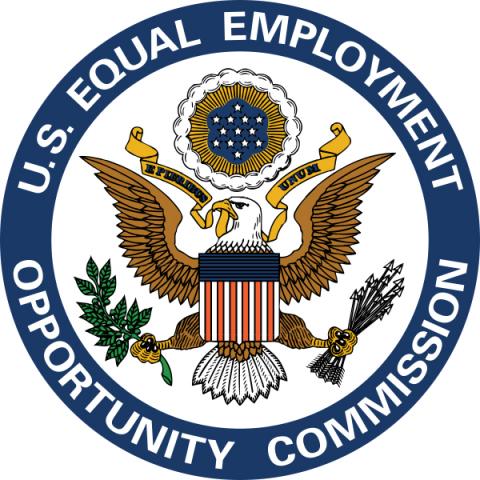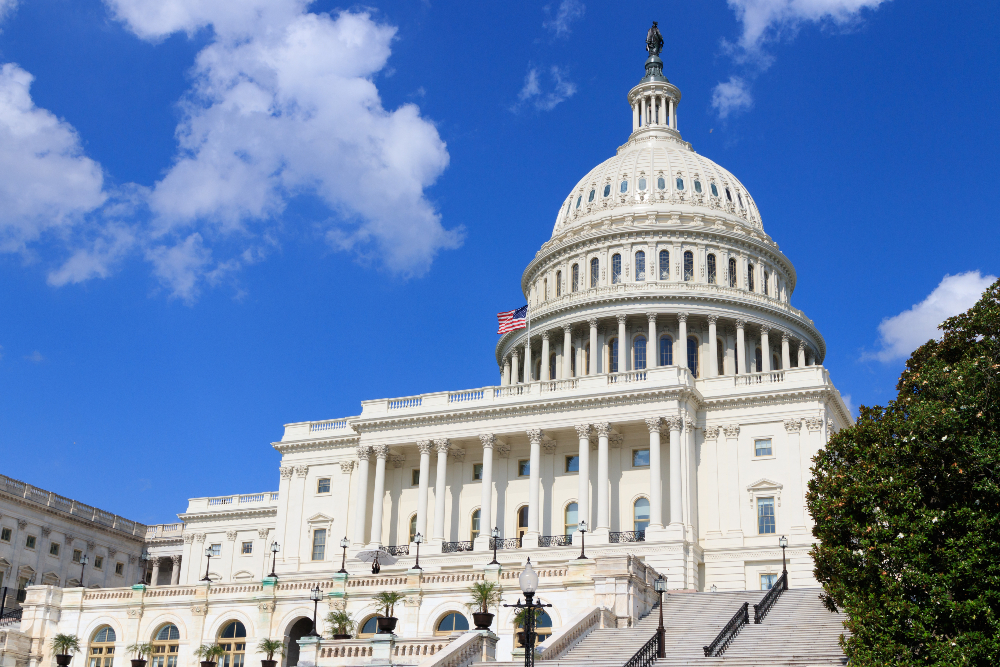Workplace retaliation occurs when an employer takes adverse action against an employee in response to their engagement in protected activities, such as reporting illegal actions, discrimination, or harassment. In Virginia, like in many other states, workplace retaliation is unlawful and can lead to serious legal consequences for employers.
If you believe you have been a victim of workplace retaliation, it is crucial to understand how to prove your case. At The Spiggle Law Firm, we understand the key elements required to establish workplace retaliation in Virginia and can empower you to navigate the legal process effectively with the help of an employment lawyer on our team.
Laws Regarding Retaliation in Virginia Workplaces
To prove workplace retaliation in Virginia, it is essential to have a solid understanding of the legal framework that governs these types of cases. The primary law protecting employees from retaliation in Virginia is the Virginia Human Rights Act (VHRA).
The VHRA prohibits retaliation against employees who have engaged in protected activities such as reporting discrimination or harassment. Additionally, federal laws such as Title VII of the Civil Rights Act of 1964 and the Family and Medical Leave Act (FMLA) also provide protection against retaliation.
Identify the Protected Activity
The first step in proving workplace retaliation is identifying the protected activity you engaged in. Protected activities include:
- Reporting unlawful behavior: If you reported any form of discrimination, harassment, or illegal activity to your employer, a government agency, or law enforcement, it is considered a protected activity.
- Participating in an investigation: If you cooperated in an internal investigation or provided information during an official inquiry into workplace misconduct, you are protected from retaliation.
- Exercising legal rights: Exercising your legal rights, such as filing a complaint with a government agency or taking leave under the FMLA, is considered a protected activity.
Working with a skilled lawyer can help you protect your rights.
Proving Retaliation In a Virginia Workplace
To successfully prove workplace retaliation, a link must be demonstrated between your protected activity and the adverse action taken against you. It is vital to illustrate that the adverse action would not have occurred if you had not engaged in the protected activity.
Adverse actions can include:
- Termination
- Demotion
- Pay reduction
- Negative performance reviews
- Hostile work environment
These adverse actions, if done as a response to your behavior, are considered workplace retaliation.
Gather Evidence
Building a strong case of workplace retaliation requires gathering and documenting evidence. This may include:
- Written documentation: Keep a record of any written communication related to the protected activity, such as emails, letters, or memos.
- Witnesses: Identify and gather contact information for witnesses who can corroborate your claims of retaliation.
- Performance evaluations: Collect any performance evaluations or feedback that can support your case by highlighting any inconsistencies or sudden negative changes following the protected activity.
Also, it’s important to document the timing of the adverse action by making a note of how soon it occurred after your protected activity.
Were You Retaliated Against in a Virginia Workplace? Consult an Employment Lawyer
Proving workplace retaliation can be complex, requiring knowledge of Virginia employment laws and familiarity with legal procedures. Consulting an experienced employment lawyer who understands retaliation cases is fundamental to safeguarding your rights.
Do not let retaliation go unchecked – take a stand for justice and a workplace free from reprisal. The Spiggle Law Firm can help you navigate the legal process and build a strong case. An employment law attorney on our team can guide you through the investigation, help gather evidence, and advocate on your behalf. Contact us now to schedule a confidential consultation and get the legal guidance you need. Call (202) 449-8527 or fill out our convenient online contact form for more information.





